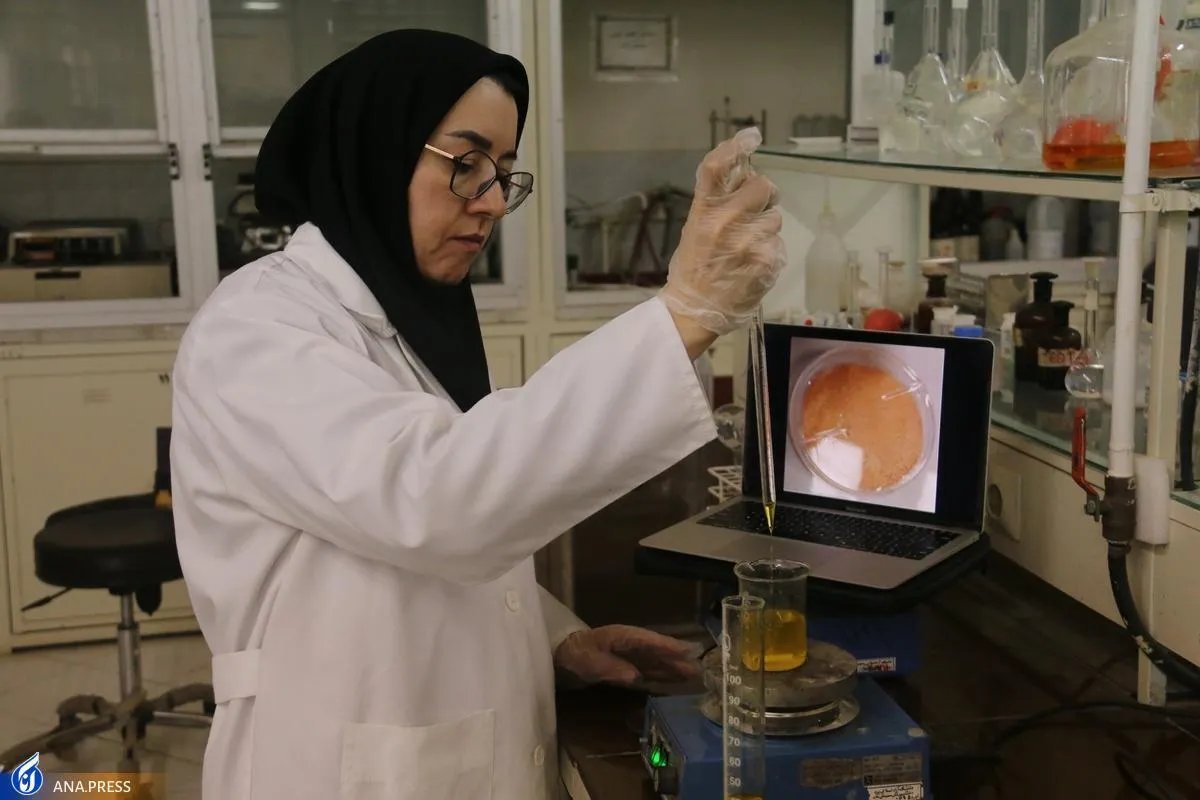Iran-Made Hydrogel Composite Wound Dressing Prevents Amputation in Diabetic Patients

“The invention of hydrogel composite wound dressing has a code of human ethics and was tested in two specialized wound healing clinics in Yazd province for people with diabetic ulcers, EB (Epidermolysis Bullosa) ulcers, and bedsores and we obtained highly satisfactory results and quick healing in patients,” Mahboubeh Mahmoudi, the head of the board of directors of Aramis Yazd company, told ANA.
She noted that the product enjoys the capability to create moist healing conditions, release curcumin herbal medicine and cytokines and create regenerative growth factors in the wound site to increase the speed of healing.
“The hydrogel composite wound dressing which contains plant nanoparticles has proved effectiveness on increasing the speed of wound healing and treatment of all types of chronic wounds, improving the living conditions of patients with bedsores and preventing amputation of organs in patients with diabetic ulcers,” Mahmoudi said.
In a relevant development in January, specialists at a knowledge-based company in Iran which is active in the field of regenerative medicine produced and commercialize creams that speed up skin repair.
Reza Sahebi, the managing director and research and development manager of the knowledge-based company pointed to the production of skin repair creams, and skin protection and treatment creams based on herbs and human exosomes, algae and medicinal mushrooms, and said, “The knowledge-based product of our company is repair and restoration creams which is either derived from people's own cells or herbs.”
Noting that the product is mounted on biological scaffolds to deliver the necessary message related to the synthesis of collagen and various growth factors to deeper layers of skin, he said, “It can be used for healing the wounds, eczema and skin rashes and even for other cases like wrinkles and better and more targeted hydration.”
“If we consider the herbal creams, the price of this product is 50% cheaper than domestic products, and this difference is even much greater compared to foreign samples,” Sahebi said.
4155/v





















